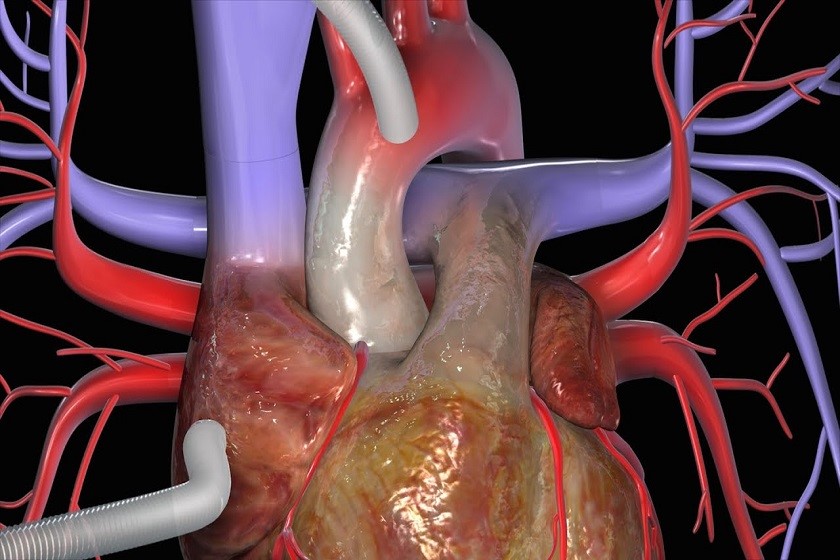
Ischaemic heart disease: what is it?
Ischaemic heart disease is a heart condition characterised by an insufficient blood supply to the myocardium
Ischaemic heart disease, epidemiology
In the text ‘History of Coronary Heart Disease’ Leibowitz JO, writes that angina pectoris was described in 1866 as a rare condition.
When, in the 1920s, the automobile appeared and the population became more affluent and well-nourished, an ‘epidemic’ of coronary heart disease appeared, involving more and more people even at a young age.
Today in Italy, ISTAT data tell us that, among the causes of 500,000 deaths a year, around 45% are of a cardiovascular nature, half of which can be attributed to ischaemic heart disease.
What is ischaemic heart disease?
The term ischemic heart disease refers to the set of syndromes (set of symptoms) that depend on myocardial suffering caused by an insufficient blood supply compared to the amount needed at the time.
Read Also:
Emergency Live Even More…Live: Download The New Free App Of Your Newspaper For IOS And Android
Percutaneous Transluminal Coronary Angioplasty (PTCA): What Is It?
EMS: Pediatric SVT (Supraventricular Tachycardia) Vs Sinus Tachycardia
Paediatric Toxicological Emergencies: Medical Intervention In Cases Of Paediatric Poisoning
Valvulopathies: Examining Heart Valve Problems
What Is The Difference Between Pacemaker And Subcutaneous Defibrillator?
Heart Disease: What Is Cardiomyopathy?
Inflammations Of The Heart: Myocarditis, Infective Endocarditis And Pericarditis
Heart Murmurs: What It Is And When To Be Concerned
Clinical Review: Acute Respiratory Distress Syndrome
Botallo’s Ductus Arteriosus: Interventional Therapy
Heart Valve Diseases: An Overview


